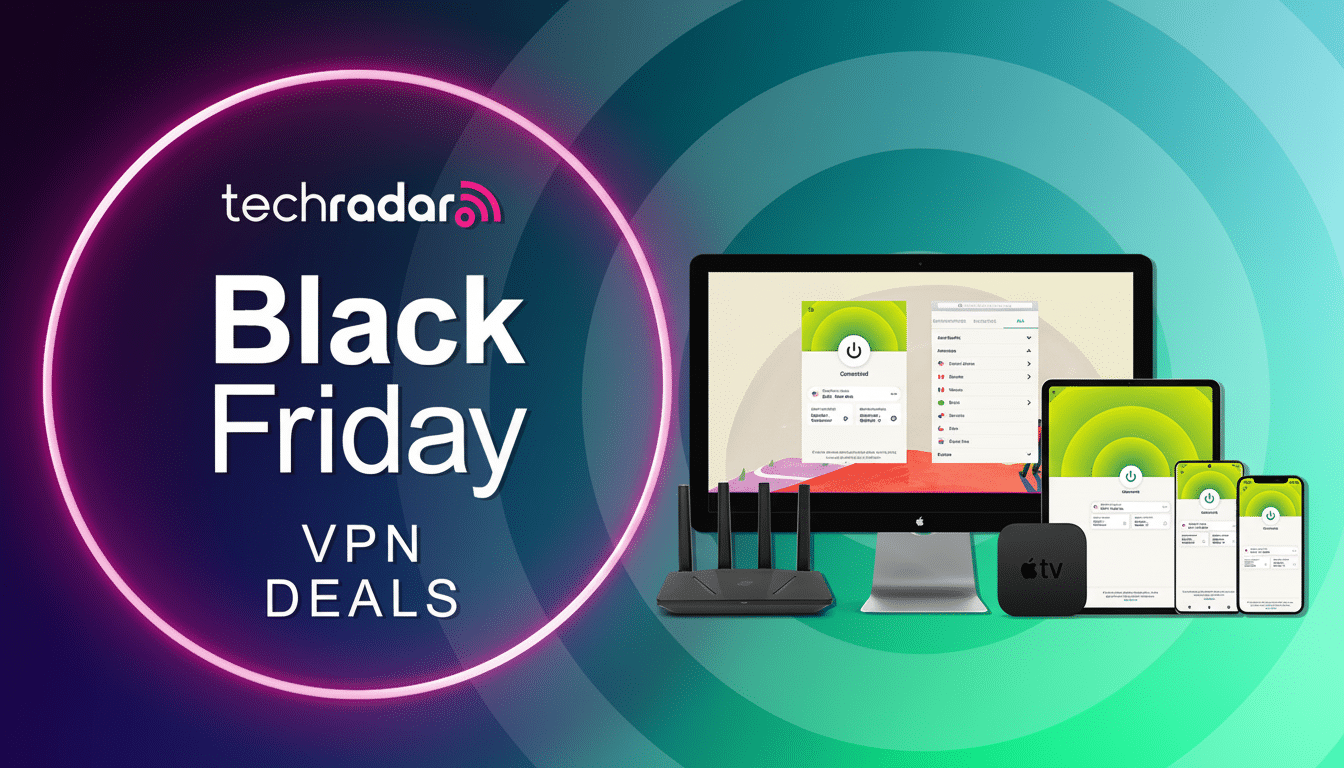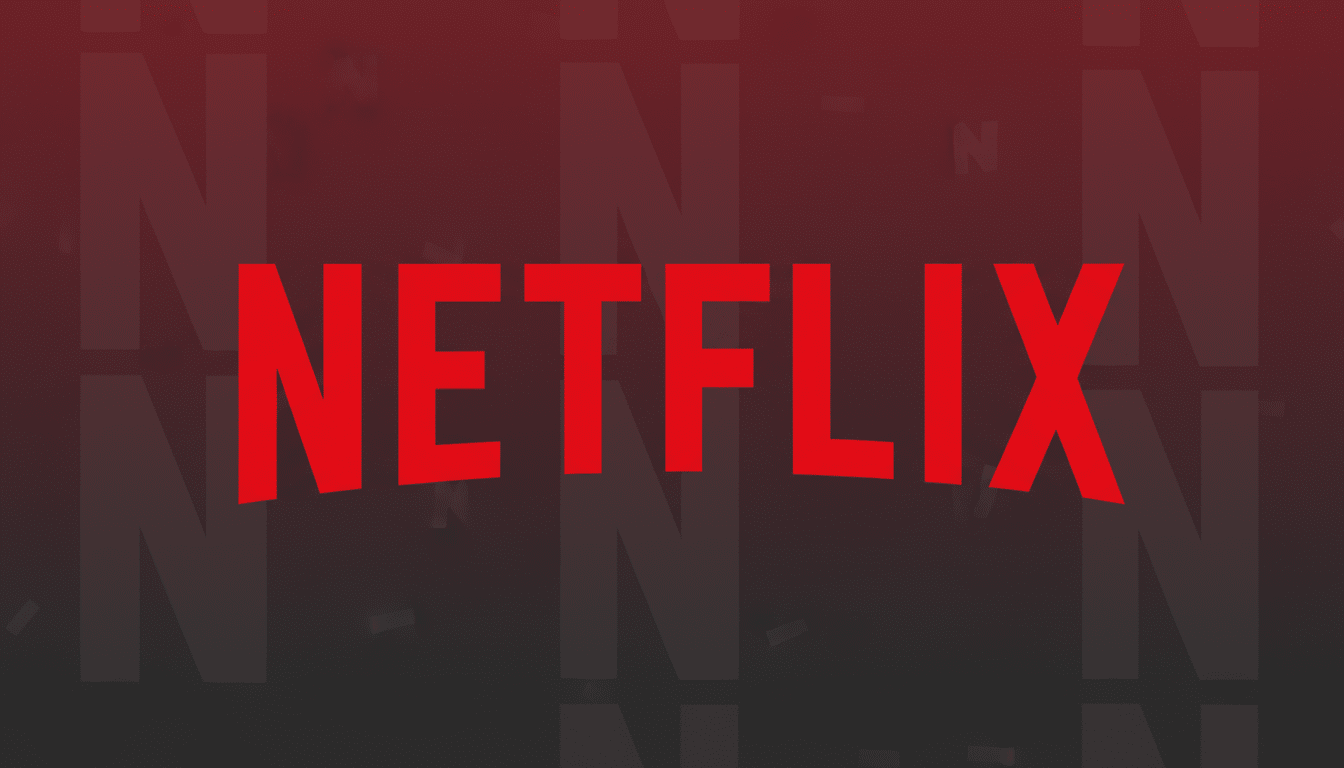One of the best Black Friday doorbusters is full-featured VPN protection within your grasp: it gets you a one-time plan good for up to 15 devices, offering support for popular streaming services and throwing in an extra year of premium password management while it’s at it.
In homes struggling to get everyone online at the same time — two people streaming on Netflix while another is on a video conference call, for example — it’s an unusual combination of coverage and convenience at a price that elsewhere might buy only a few months of service.

And with online privacy at the top of wish lists, the timing makes sense. About 30% of all those who go online around the world will use a VPN in one way or another, according to research by GlobalWebIndex — and interest in entering the cryptostorm is only growing when you consider that 20% of internet users have used a VPN for holiday or business travel, because of concerns with public Wi-Fi. This deal is aimed at that point, with a remarkably low barrier to entry and wide device support.
What This $30 VPN Deal Includes for Subscribers
The deal is for a VPN plan advertised with ad-free browsing, 10 Gbps server connectivity, and apps for most platforms — plus 15 simultaneous connections’ worth of coverage (median households or flatsharers should be covered). The network offers more than 900 servers across more than 100 locations, a very high figure, designed to minimize congestion and help you find a fast, local endpoint.
Streaming support is the headline promise; services like Netflix, Hulu, Disney+ and BBC iPlayer are promised with full HD quality video at minimal buffer times. It also comes with a free one-year subscription to a high-end password manager, which can make it easy to consolidate your logins in an encrypted vault and decrease dangerous password reuse — still one of the most common weak points that security researchers and consumer advocates call out.
How It Stacks Up Price-Wise Against Typical VPNs
Price is where this doorbuster shines. Industry tracking by firms like Top10VPN and Statista reveals that many popular VPNs are priced at $60–$100 per year, while the average month-to-month plan hovers around $12. Multiyear packages can come down to just a few dollars a month, but you’ll be paying continuously.
A $30‑ish one-time purchase is, by comparison, extraordinary. The catch is that “lifetime” or single-purchase VPN deals have been historically inconsistent with how providers actually define longevity and updates. Like any deep discount, read the terms and make sure you know what happens to service levels, feature updates, or device limits over time.
Performance and Streaming Notes for Daily Use
Newer VPN protocols, such as WireGuard and IKEv2, can effectively keep speed overhead to roughly 5–15% in common situations, though results vary depending on distance from the server and your ISP’s prior performance.
A 10 Gbps server backbone sounds great, but your real-world experience will depend on how many users there are at these locations and how many connections they have to the exit node.
Streaming availability is a moving target. The VPN detection methods of the platforms are constantly getting updated, so what works today might no longer work in a sudden update. If streaming is important to you, I’d recommend experimenting further across different regions, watching for dedicated streaming servers (servers just for streaming are a nifty added bonus), and expect there to be some trial and error — across the board, not only on budget plans.

Privacy Concerns and Trust Signals to Consider
Apart from speed and cost, though, trust is the bigger issue. You’ll want a clear no-logs policy, strong encryption (AES-256), a kill switch, and DNS leak protection. Audits by independent firms — Deloitte, KPMG, PwC, or Cure53 — are a gold standard among top-tier providers and represent, in many cases, the only way a customer can be sure those claims about logging and infrastructure are true. If the provider this deal is offered through has not been audited in a highly publicized manner, factor that into your decision.
Jurisdiction also matters. Privacy groups like the Electronic Frontier Foundation and comparisons by independent researchers underscore the importance of understanding where a VPN is based and how that country views data requests. Obfuscation options can be useful in a censored network, and split tunneling allows you to keep banking apps out of the VPN should your bank raise an eyebrow at logins from unexpected places.
Who This VPN Doorbuster Is Especially Good For
For homes that need base-level protection on multiple devices, frequent travelers who often use hotel and airport Wi-Fi, and streamers looking for more regional selections — it’s an instant improvement. Students and remote workers can also benefit from encrypted connections while on campus or coffee-shop networks, which are often plagued with snooping traffic and rogue hotspots.
Power users who value independently audited no-logs claims and power features like multi-hop routing or specialized servers for high-risk environments may be better served by providers with a longer audit track record — even if it costs more.
Choose the service that best fits your threat model, as with any privacy tool.
How to Use a New VPN Safely and Efficiently
Set the VPN to auto-connect when on unknown networks, ensure the kill switch is on, and jump into WireGuard if it’s available for a good mix of speed and security.
Select the nearest server for daily browsing, and favorite region-specific servers for streaming.
Take advantage of the included password manager: import your existing passwords, create individual 16+ character-length passwords, and implement two-factor authentication on important accounts. The Federal Trade Commission often lists password reuse in its rundown of the leading causes of account compromise — locking down these fundamentals returns dividends fast.
Bottom line: As a Black Friday doorbuster, $30 for broad device coverage and a year’s worth of password management is intriguing. Check the small print and test performance on your own network, and you could sign up with daily privacy and streaming ease for a tiny proportion of what you’d normally pay for a VPN.

